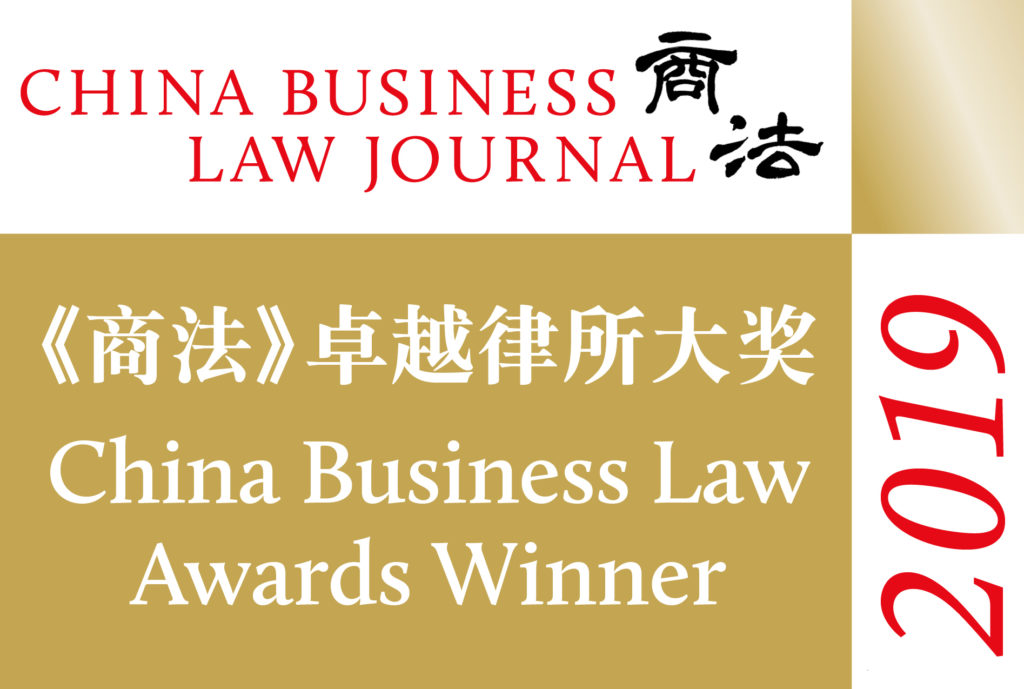Fund sponsors now have new legal forms to consider when structuring investment funds. This update highlights recent developments of note.
Cayman Islands Limited Liability Company
A long anticipated Cayman Islands Limited Liability Companies Law, 2016 came into force 8 July 2016. The registration of a limited liability company (“LLC”) will commence 13 July 2018. The LLC is an additional structure available in Cayman Islands which is closely aligned with that of a Delaware limited liability company, with certain modifications. For example, the Delaware limited liability structure provides for legal segregation of assets and liabilities, which is similar to the structure of a Cayman Islands segregated portfolio company, but not the LLC.
Similar to the Cayman Islands exempted company, the LLC is a body corporate with a separate legal personality, except that it also encompasses the flexibility of an exempted limited partnership (“ELP”). It does not have share capital and the economic interests of members of an LLC is represented by way of capital account, which allows for different profits and loss allocation and fees arrangement amongst members. In addition, the LLC may be governed by some or all of its members or appointed non-member managers, unlike an exempted company which is managed by the board of directors, or an ELP which is managed by the general partner.
Considering the flexibility, the potential usage of the LLC structure could be broad. However we envisage that it may initially be utilized primarily by US-based managers or for US investors, due to administration efficiency and investors familiarity, adopting similar structures both onshore and offshore. The LLC structure may be adopted in place of Delaware limited liability company. The Asian market may move slower in adopting the LLC structure, but the LLC can become popular quickly, for the reasons noted above, as an alternative structure for private equity funds which traditionally adopts the ELP structure. The latter requires the appointment of a general partner and does not possess a separate legal personality. The LLC structure could be well-suited for private equity funds and other closed-end funds where the afforded flexibilities would meet the varied commercial needs of fund promoters and partners.
Cayman Islands exempted companies may be converted into LLC structure upon complying with relevant procedures and filing requirements in the Cayman Islands.
Hong Kong open-ended fund company
Another structure which has been introduced as a result of market demand is the Hong Kong open-ended fund company (the “OFC”). The Hong Kong Government published in the Gazette on 10 June 2016 the Securities and Futures (Amendment) Ordinance 2016 (the “Amendment Ordinance”), which introduces a new OFC structure in Hong Kong. The main provisions of the Amendment Ordinance will commence operations on a date to be appointed by the Secretary for Financial Services and the Treasury. It is anticipated that the OFC will also be subject to further implementing rules to be issued by the Hong Kong Securities and Futures Commission (SFC).
An OFC is an open-ended collective investment scheme set up in the form of a company, but with the flexibility to create and cancel shares for shareholders’ subscription and redemption in the funds, which is currently not possible for Hong Kong companies under the Companies Ordinance. Also, OFCs will not be confined by restrictions on distribution out of share capital under the Companies Ordinance. Instead, OFCs may distribute out of share capital subject to solvency and disclosure requirements.
Some of the other key features of the OFC are that a proposed OFC needs to be registered with the SFC before incorporation. The SFC will be the main regulatory of the OFC. The OFC, apart from a board of individual directors of at least 2, must delegate asset management duties to an investment manager which is licensed by the SFC to conduct type 9 (asset management) regulated activity. It must also appoint a custodian in respect of its assets.
Publicly-offered OFCs authorized by the SFC will be exempted from Hong Kong profits tax. It is expected that the OFC will provide an alternative structure for retail funds in Hong Kong, particularly those applying for retail distribution in China under the Mutual Recognition of Funds scheme. Prior to the OFC, the Hong Kong unit trust is the only legal form available for Hong Kong domiciled funds.
Along with the requirement that an OFC must appoint a Hong Kong licensed investment manager, the new legal form is intended to enhance Hong Kong’s position as an asset management and funds centre. However, privately-offered OFCs need to have its central management and control outside of Hong Kong in order to be exempt of Hong Kong profits tax (ie. non-resident) and subject to certain conditions. Therefore, the private funds industry may be slow in adopting this structure. We anticipate that the industry will continue to lobby for more favorable tax position where OFC structure may be profit tax exempt, irrespective of where it is centrally managed and controlled.
This update is provided for general information only and is not intended as legal advice in any specific case.
Please contact Vivien Teu (vivien.teu@vteu.co) for any enquiry or assistance on the subject matter.

